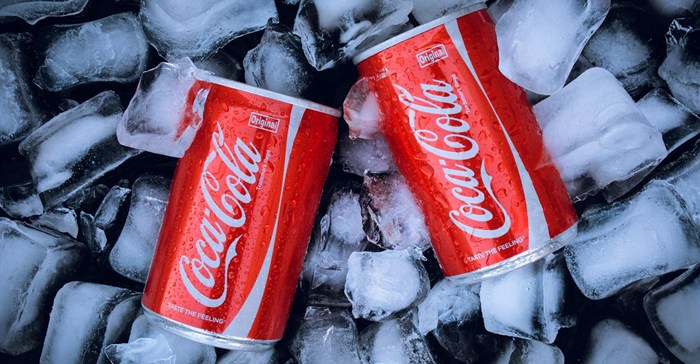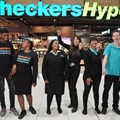According to Euromonitor International's latest research, South Africa's soft drinks industry experienced stronger sales growth in 2022 compared to previous years. Off-trade sales reached 6.7 billion litres, marking a significant 5.2% increase from 2021.
Despite a challenging market environment, the soft drinks industry growth is the result of high consumer demand for beverages at home, combined with higher retail sales due to the removal of COVID-19 restrictions. The country also experienced higher levels of inflation, leading to increasing soft drinks prices, resulting in consumers shifting to more affordable soft drinks offerings across most categories, ultimately driving growth in private labels.
Key trends identified in SSA, according Euromonitor International Passport data:
- Soft drinks historic CAGR of 0.3% was driven down by Covid-19 negative growth in 2020. The region experienced strong recovery since the pandemic, with volumes in 2023 reaching pre-pandemic levels.
- Forecasts show CAGR of 3.22% is expected, mainly driven by population growth, category shifts and income recoveries.
- Mature SSA markets will see consumers shift to private label, due competitive price point and quality improvements.
South Africa’s key market developments:
- Carbonates dominates South Africa’s soft drinks market: High sales growth in the soft drinks industry is dominated by carbonates and bottled water. Carbonates recorded 4.1% growth in volume terms reaching 4.8 billion litres in 2022.
- Supply of juice raw materials increases: Pears, apples and grapes, saw strong yields in 2022. Apple yields are expected to reach a historic high of 1.2 million tonnes, pear experienced a historic high of 510,000 tonnes and grapes 380,000 tonnes.
- Reduced sugar brands record strong growth: The health and wellness trend has been driving health-conscious consumers to increasingly study the content of the soft drinks they purchase, which has pushed players to expand their offer of reduced sugar variants.
- Consumers appeal to private label: The expansion of private label is seeing soft drinks from leading grocery retailers such as Pick n Pay, Shoprite and Spar continue to gain share. Private label products typically offer more competitive prices compared to leading brands, while consumers also increasingly appreciate that the flavour options and innovations offered by these affordable lines are comparable, in addition to being attracted to regular promotions by retailers.
According to research analyst at Euromonitor International, Christopher Day:
The Sugar Tax has seen considerable success as a revenue stream, due to the extensive use of sugar in a large proportion of soft drink categories and brands. Moreover, initial studies have indicated that the tax has had an impact on the overall consumption of sugary beverages, with consumer drinking less sugary beverages on average, since its implementation. As a result, this has had a positive impact on the health of South Africans, including their risk to non-communicable diseases, such as diabetes and heart disease, which have been associated with a high sugar intake.
It is likely that a revised sugar tax will be implemented in coming years. When this occurs, soft drink manufacturers will need to either increase their prices to retain their desired margins, or reformulate their ingredient contents to have lower level of sugars at the risk of consumers no longer enjoying the brand's flavour profile. Naturally, this may also cause a portion of consumers to shift over to sugar free soft drinks, who no longer see the point of buying sugary soft drinks if the flavour is no longer what they desire.
Affordable, but quality soft drinks will increase their proportion of the overall market. This will likely occur across most soft drink categories, ranging from bottled water to energy drinks. A prime example of this can be found in bottled water, with Quellé seeing considerable consumer demand, based on its competitive price point while still providing a quality tasting product. The same can be said for energy drink brands, such as Monster energy or Switch, which offer extensive flavour ranges, accommodating for a range of consumer flavour preferences compared to more premium energy drink brands, such as RedBull.













































